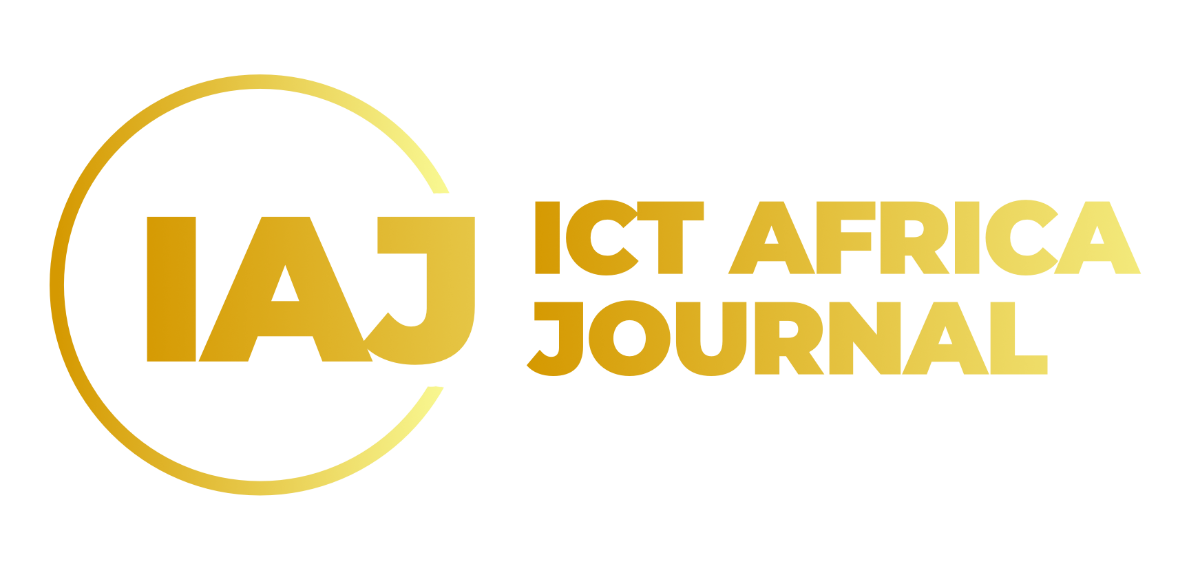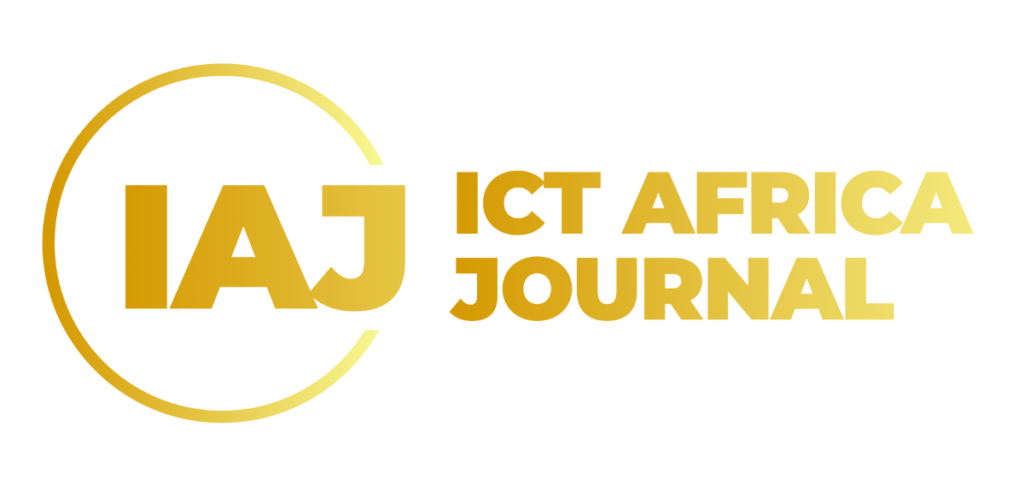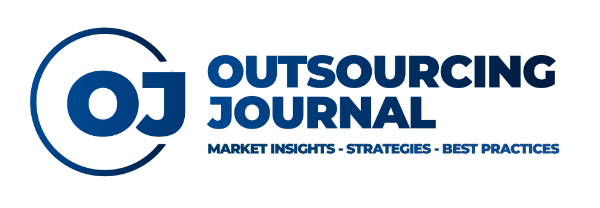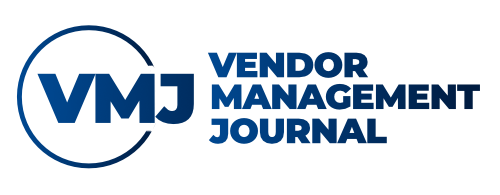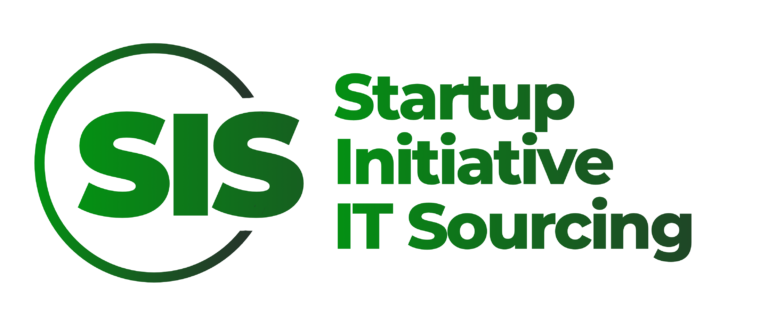[vc_row][vc_column][vc_column_text]Microsoft established The Advanced Technology Lab in Cairo (ATL Cairo) in 2007 with an initial mission to impact the Arab region by making Microsoft products and services more relevant to the Arab world. Microsoft vision is to leverage Egypt’s wealth of research and software engineering talent could fulfil the needs for creating and enhancing Microsoft products and services.
Microsoft is specifically interested in the unique expertise around Natural Language Processing and Speech Processing that Egyptians scientists and engineers have accumulated
over the years due to their work on the very complex Arabic language. Over the years, ATL
Cairo’s mission evolved beyond just catering to the Arabic-speaking users of Microsoft services to serve as a center of expertise for language processing and speech processing across Microsoft.
From a team of five to a team of forty-five employees today it’s been a joyful ride. We’ve touched on many exciting services and research areas like Natural Language Processing, Speech Processing, Machine Learning, Computer Vision, & Search Engines. Our work contributed to Microsoft flagship products and cloud services including Office, Windows,
Bing, Skype and Cognitive Services.
Services delivered out of Microsoft Advanced Technology Lab Cairo
Arabic Natural Language Processing
Researchers and engineers at ATL Cairo developed a complete state-of-the-art Arabic Natural
Language Processing stack. Components of that stack are included in Microsoft Office and have enhanced Office’s ability to understand and proof Arabic text. Additionally, components of that stack are offered as cloud services for developers worldwide to leverage them for free when developing Arabic applications. More information about the Arabic NLP Toolkit Service can be found at http://www.microsoft.com/atks.
Bing
The Bing development team in Cairo, part of ATL Cairo, started by enabling Bing web search and local search for several Arab countries. Over time, the team evolved its focus to exploring and developing tools and samples to evangelize the wealth of technologies
underlying the Bing engine and to encourage Microsoft partners to leverage these technologies in their own scenarios and services.
During the past couple of years, the team also worked on different areas in the search engine
development hierarchy across the spectrum of ranking, query reformulation, search-page features, verticals and instant answers.
Skype
In March 2016 Skype Translator launched modern standard Arabic (MSA), the official language in most Arabic countries, as one of its languages. This avails the translator to a diverse Arabic population all over the world and was welcome by many users, reporters
and technology developers. ATL Cairo was instrumental in this launch. The Speech Processing
team ATL Cairo has developed support for Arabic Automatic Speech Recognition (ASR) as well as Text-To-Speech (TTS).
To enable Arabic Skype Translator, we had to support for conversational speech and to cut the speech recognition Word Error Rate (WER) into half in just few months. Wasn’t an easy task, but the team managed to meet the WER constraints required for Skype Translator. The
team is now working on Arabic dialects, that are used in day-to-day conversation, to bring the translator to even a wider user base.
Cognitive Services
Microsoft Cognitive Services let you build apps with powerful algorithms using just a few lines of code. They work across devices and platforms such as iOS, Android, and Windows, keep improving, and are easy to set up. ATL Cairo developed 3 services: Language Understanding Intelligent Service (LUIS), Speaker Recognition and Custom Recognition Intelligent Service (CRIS).
These services are heavily used by developers worldwide and have received excellent
coverage in the technical media. For example; http://venturebeat.com/2016/0330/microsoft-cognitive-services-project-oxford/
Supporting the Community
Since the lab’s inception, it’s been keen on promoting computer science research and development in Egypt. The lab offers internship programs to students from the entire region. This gives prospective software engineers the opportunity to work hand-in-hand with engineers and researchers and to gain hands-on experience with real products and state-of the art technologies.
The success stories shared show that Egypt has the talent that can compete and succeed in the top software engineering companies around the world and to work and deliver on leading-edge technology projects.
Photo: Smart Villages
This article was published in the Egypt Outsourcing Destination Guide. For more interesting articles about the Egyptian IT, BPO, SSC market, download the guide here:
[/vc_column_text][vc_btn title=”Download (free)” color=”primary” size=”sm” link=”url:https%3A%2F%2Fwww.outsourcing-verband.org%2Fdownloads%2Fdestination-guide-egypt-download%2F|||”][vc_separator][/vc_column][/vc_row][vc_row][vc_column width=”1/4″][vc_single_image image=”4828″][/vc_column][vc_column width=”3/4″][vc_column_text]The author: Hussein Salama, Director of the Microsoft Advanced Technology Lab in Cairo, Egypt. Hussein F. Salama is the Director of Microsoft’s Advanced Technology Lab in Cairo, Egypt. His main responsibilities are to setup the lab for long-term success and growth and to enable the lab’s applied researchers and engineers to perform at their best.
[/vc_column_text][/vc_column][/vc_row][vc_row][vc_column][vc_column_text]Prior to joining Microsoft, Hussein was the Founder and President of Citex Software, a startup that built an open source mobile advertising platform that was the first such product on the global market. Before Citex Software, Hussein was the Chief Operating Officer of SySDSoft, an Egyptian startup in the wireless communications space that was eventually acquired by Intel.
Hussein started his professional career at Cisco Systems in San Jose, California, where he took on technical leadership roles in engineering
and consulting. Hussein worked on Cisco’s first generation of VoIP products and led the integration between VoIP and Layer 3 protocols.
His work on VoIP call routing is well recognized and has resulted in both patents and standards. Besides his standards activities, Hussein co-authored several tier-one conference and journal papers and he has seven issued US patents. Hussein received his BSc from Cairo University, Egypt, in 1990 and his MSc and PhD in Computer Engineering in 1993 and 1996 from North Carolina State University. In 2002, Hussein earned his MBA from San Jose State University, California.
[/vc_column_text][vc_column_text]
[/vc_column_text][/vc_column][/vc_row][vc_row][vc_column][vc_column_text]
[/vc_column_text][/vc_column][/vc_row]
